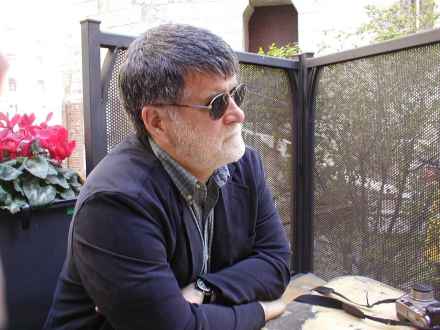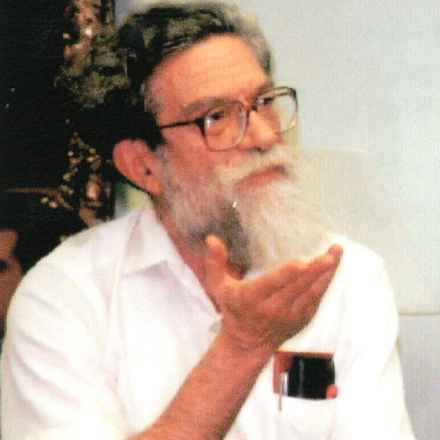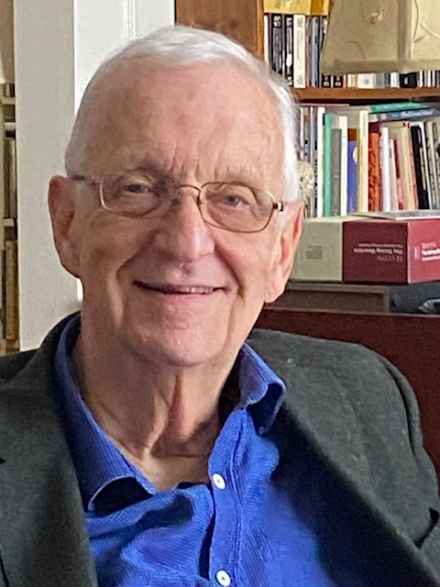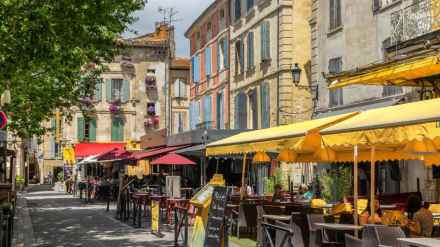William Walker Tait, renowned UChicago philosopher of mathematics, 1929‒2024
Prof. Emeritus William Walker Tait, an acclaimed philosopher and mathematician at the University of Chicago, died March 15 in Naperville, Ill.. He was 95.
Known by colleagues as one of the most distinguished philosophers of mathematics of the second half of the 20th century, Tait was professor emeritus in the Department of Philosophy and the Committee on the Conceptual and Historical Studies of Science at UChicago. During a career spanning 60 years, he made significant contributions to development of proof theory, as well as to logic and the philosophy of mathematics.
“Bill Tait was chair of Philosophy when I joined the department in 1981 and he was arguably the best chair I knew, standing up for the department and junior faculty—often against the administration—with a fierce moral determination but a twinkle in his eye,” said Josef Stern, the William H. Colvin Professor Emeritus in the Department of Philosophy at UChicago.



